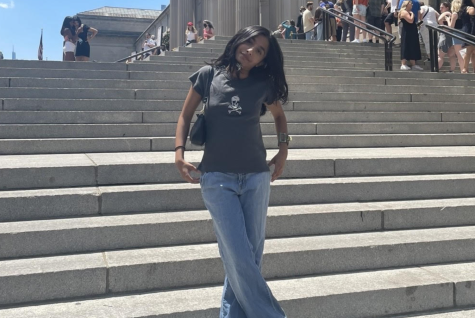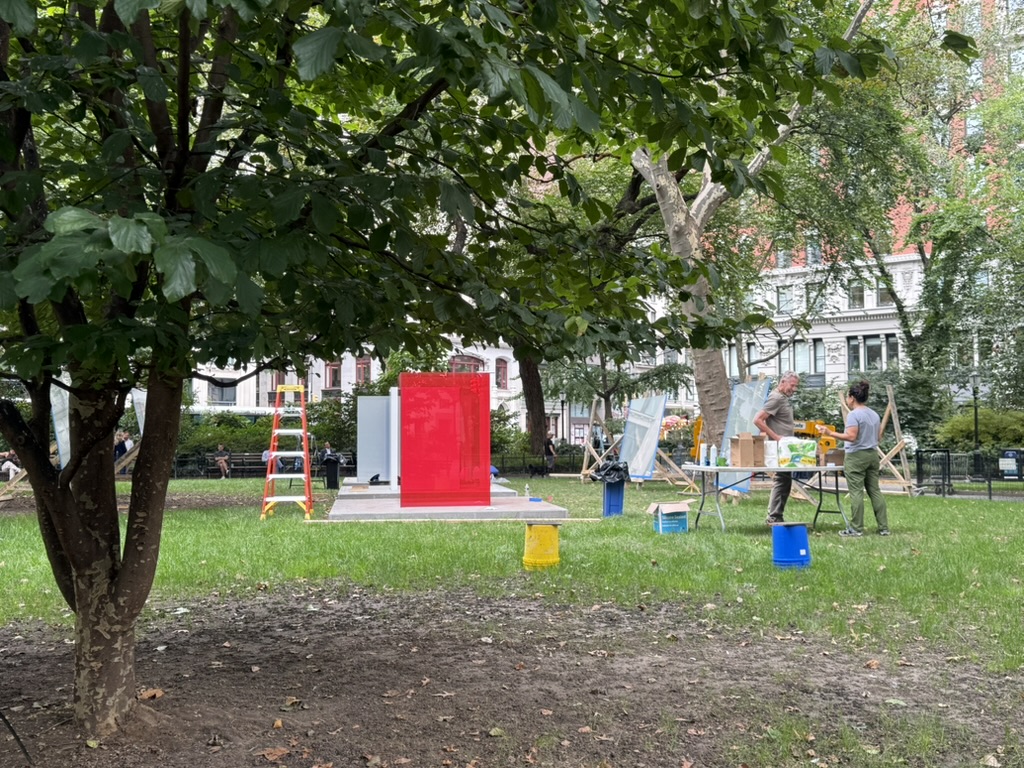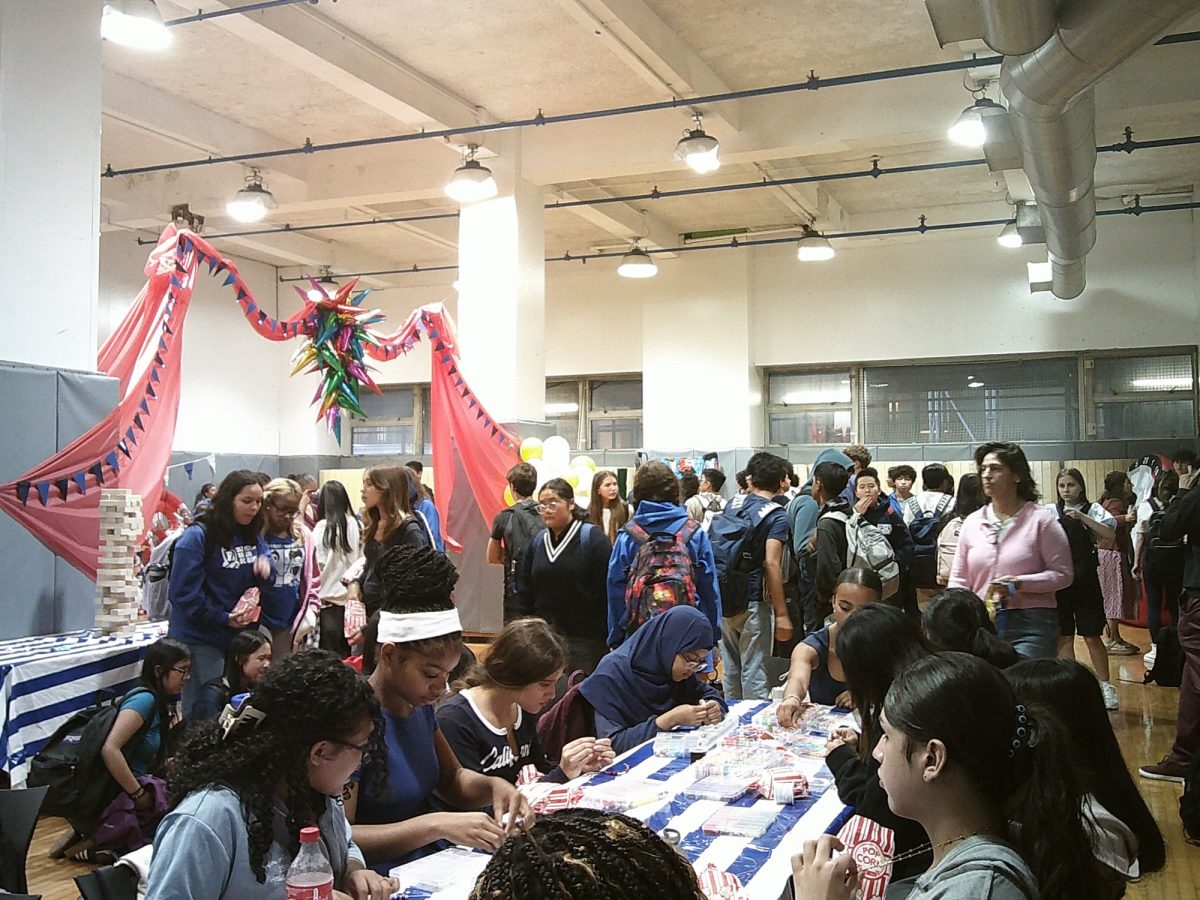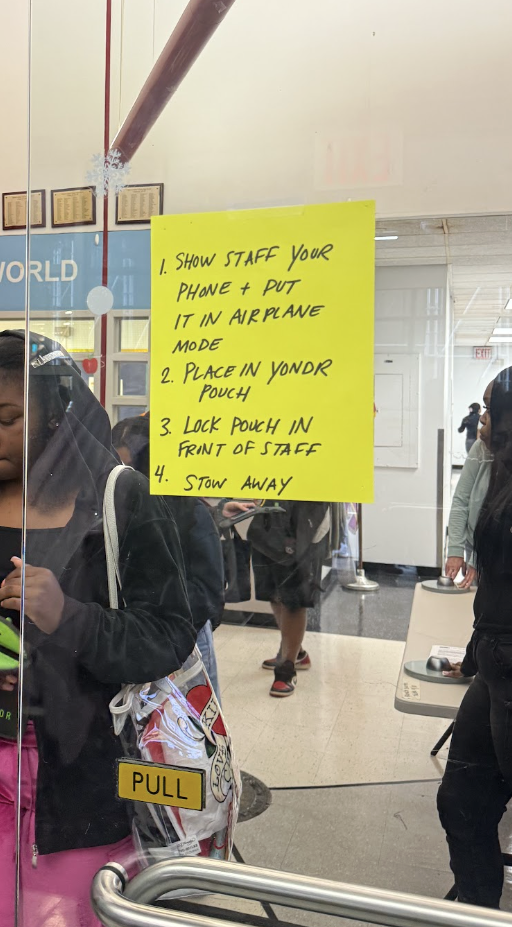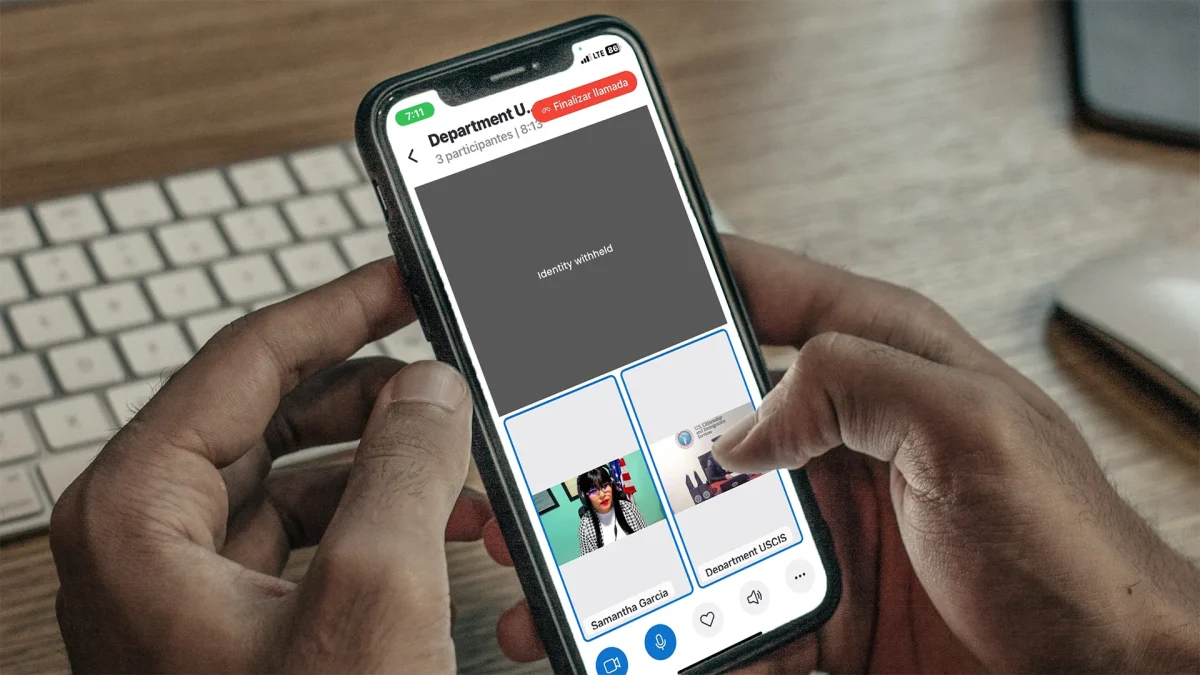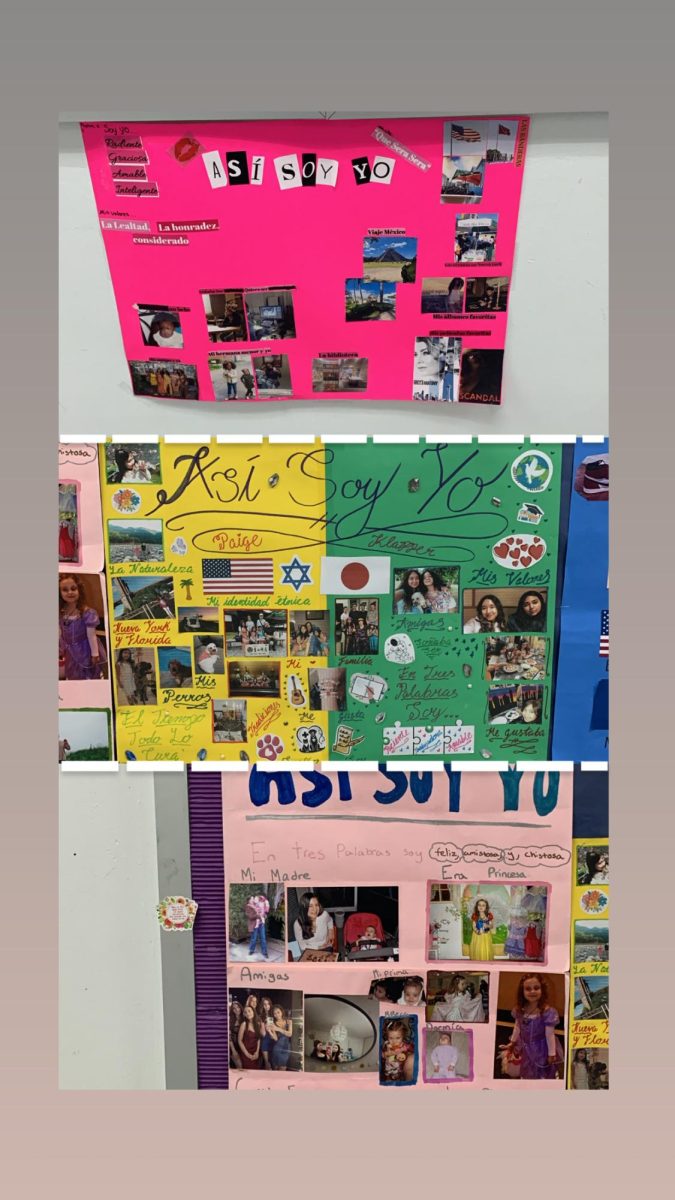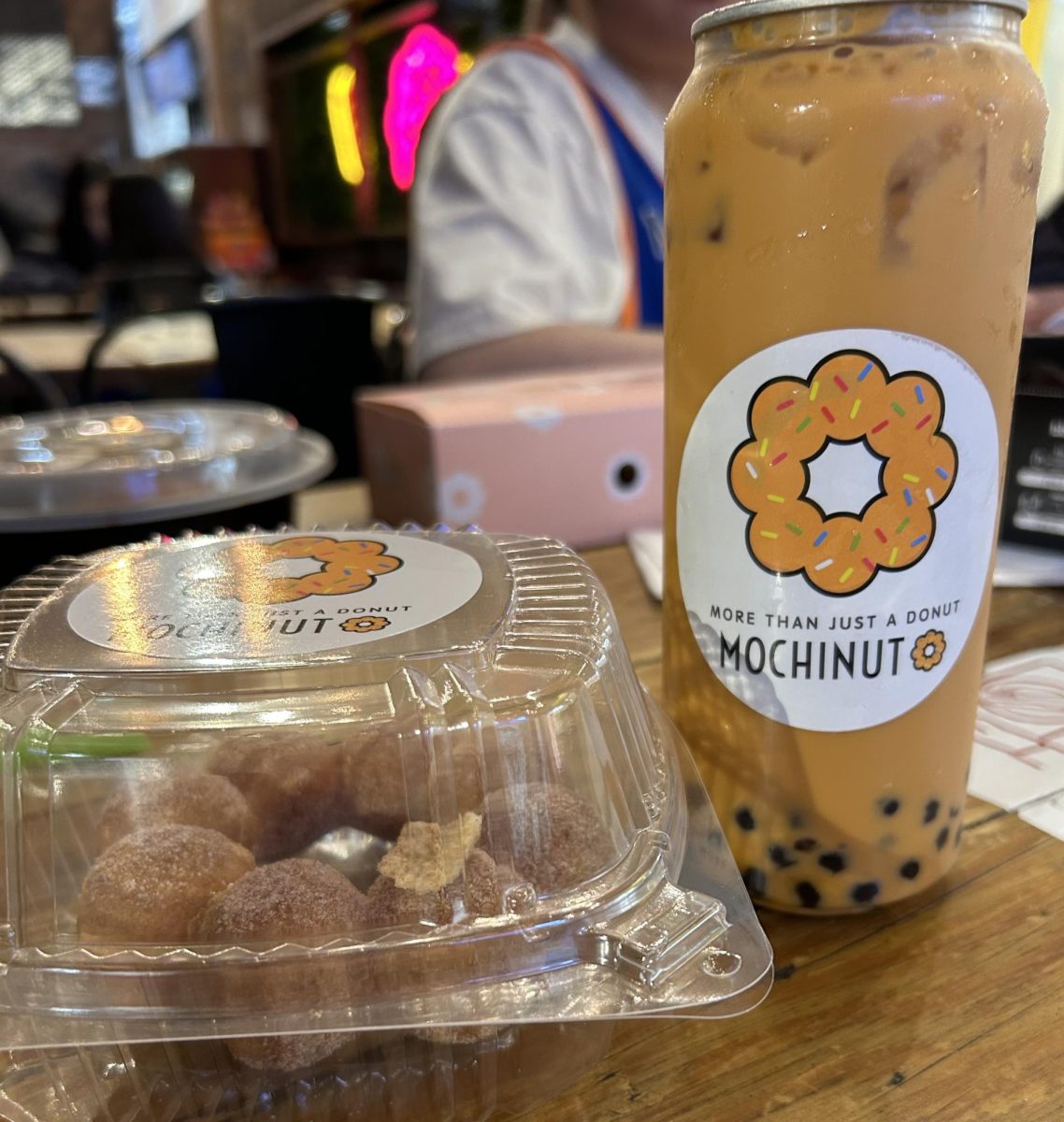I loved myself and then…A discussion with WOC at BCCHS.
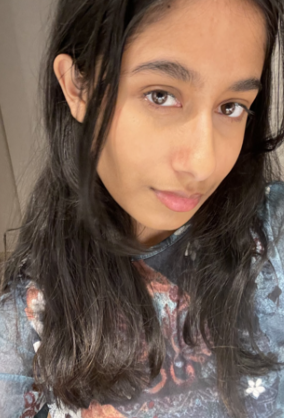
February 17, 2023
It is not a new phenomenon that the traits society considers most desirable are those associated with “European” beauty: a ski slope nose, blonde hair, pale skin, and a thin, tall frame. Yet no one ever stops to think about how harmful these standards can be for women of color, who often find themselves especially targeted.
Every girl in high school grapples with body image and insecurity – whether it is comparing themselves to their friends, or people on social media. However, women of color in particular have an especially hard time dealing with self-image and constant comparison.
Comparisons to white classmates and social media influencers only further aggravates insecurity and pushes young women of color to conform to Eurocentric beauty standards.
I am one of three South Asians in my 12th grade class, and growing up in predominantly white schools I felt targeted by social media and my friends. I felt a constant desire to change myself in order to fit in – whether it was to have blue eyes, or be taller – and I did everything in my power to look as “normal” as possible. 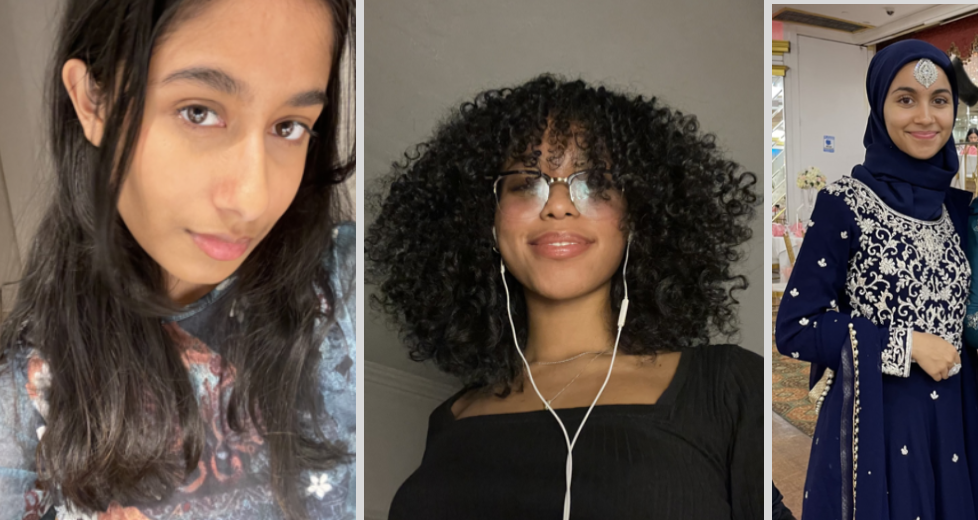
One of my most significant memories from middle school is purchasing a lightening cream for my knees and elbows because I was insecure about how dark they were. As I reflect back on this moment, I realize how big of an influence my consumption of media had on this decision.
I soon realized that if I felt like this, it wouldn’t be surprising if other women of color at my school felt the same way. Ikra Ali, a Bangladeshi girl in my grade, often struggles with her body image and not having what society deems the “perfect body”. Ali said, “recently I’ve been sad that I don’t fit the stereotype of the perfect body” and explained how this is mainly due to the media that she consumes. As she continued to discuss her struggle with body image, she mentioned how her childhood influenced her mindset about herself.
She went on to explain that in her early school years, she would get compliments on her skin, which made her happy. As she grew up, she realized that “it is a very cultural thing what kind of skin colors are beautiful”. As a child, she was proud of her skin color because of how light it was, especially within her family. Ali now understands that skin is nothing to be ashamed or proud about.
Ishya Washington, a Black and Indonesian girl, also grapples with the longing to change everything about herself after growing up in predominantly white schools.. Her classmates often made comments about her skin and hair, which caused her to develop self-image issues as a bi-racial woman. “I always had a desire to change everything about me, as in my curly hair, my brown eyes, my brown skin,” she said.
Reflecting on her childhood, she continued to explain that the first time she changed this negative mindset was in the 7th grade – after seeing an infographic on Instagram discussing embracing your black culture.
When asked to give women of color struggling with their self-image advice, both Ali and Washington immediately spoke about social media, and the importance of surrounding yourself with positive content. This was important for me to hear – and, ultimately, for all of us to hear. Washington concludes that there is “not one right fix” to easing your insecurities as a woman of color.
We all came to the consensus that social media can be both toxic and inspirational. Instead of fixating on supermodels and influencers, it is important to ensure that you are surrounding yourself with positive role models and messages. Furthermore, you should always remember that your social media intake should be limited, and spending hours aimlessly scrolling, degrading yourself every time you see someone with something you don’t have, is very unhealthy.


